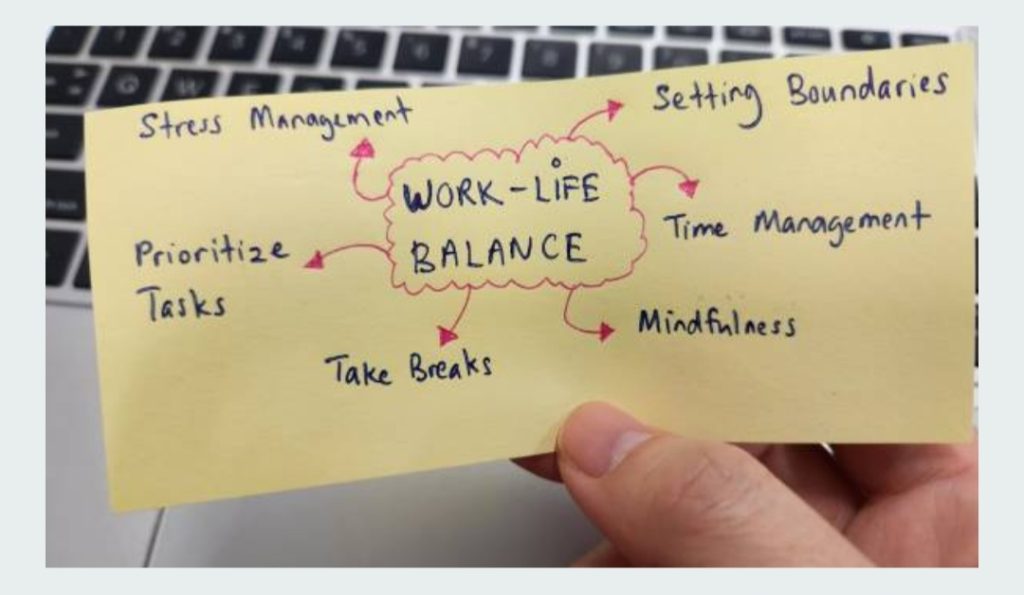Stress refers to a state of mental or emotional strain or tension resulting from adverse or demanding circumstances. It can be caused by a variety of factors, such as work pressure, relationship problems, financial difficulties, health concerns, and many other life events that can be perceived as challenging or overwhelming. Stress is a natural response to these stressors, and it can be both positive and negative. In small doses, stress can be helpful in motivating us to achieve our goals and overcome challenges, but when it becomes chronic or excessive, it can lead to a wide range of physical and mental health problems. These can include anxiety, depression, insomnia, fatigue, digestive problems, high blood pressure, and a weakened immune system.
Stress Checklist
- Do you often feel anxious or worried?
- Do you have trouble sleeping or suffer from insomnia?
- Do you frequently experience muscle tension or headaches?
- Do you feel irritable or easily agitated?
- Do you have difficulty concentrating or making decisions?
- Do you feel overwhelmed or unable to cope with your responsibilities?
- Do you have a loss of appetite or overeat when stressed?
- Do you use drugs or alcohol to cope with stress?
- Do you have frequent feelings of sadness or hopelessness?
- Do you have physical symptoms such as fatigue or digestive problems?
If you can strongly relate to these questions, it may be a sign that you are experiencing stress and should consider seeking help from a healthcare provider. Remember, stress is a normal part of life, but it’s important to manage it in a healthy way to avoid potential negative consequences for your mental and physical health.

Here are 8 tips to manage stress:
- Identify your stressors: The first step to managing stress is identifying the sources of stress in your life. This can help you develop a plan to manage or eliminate them. Keep a journal to track what triggers your stress and how you respond to it.
- Practice mindfulness: Mindfulness is the practice of paying attention to the present moment with non-judgmental awareness. Mindfulness meditation and other mindfulness practices can help you manage stress by allowing you to focus on the present moment and let go of worries about the past or future.
- Get enough sleep: Sleep is essential for your physical and mental health. Aim for seven to nine hours of sleep per night to feel rested and refreshed.
- Engage in regular exercise: Exercise is an effective way to reduce stress and improve your overall well-being. Find a physical activity that you enjoy and make it a regular part of your routine.
- Practice good time management: Poor time management can contribute to feelings of stress and overwhelm. Use tools such as a calendar or planner to schedule your time and prioritize tasks.
- Connect with others: Social support is an important factor in managing stress. Spend time with friends and family, join a social group or club, or volunteer in your community.
- Practice relaxation techniques: Relaxation techniques such as deep breathing, progressive muscle relaxation, or guided imagery can help reduce stress and promote feelings of calm.
- Seek professional help if needed: If you are struggling to manage your stress, consider seeking help from a mental health professional. They can provide support and guidance on how to manage stress and improve your overall mental health.

Not managing stress can have negative consequences on your mental, emotional, and physical health. Here are some potential outcomes of not managing stress:
- Mental health problems: Chronic stress can contribute to the development of mental health problems such as anxiety and depression. Stress can also worsen existing mental health conditions.
- Physical health problems: Prolonged stress can lead to physical health problems such as high blood pressure, heart disease, obesity, and diabetes. Stress can also weaken the immune system, making it more difficult to fight off infections.
- Substance abuse: Some individuals may turn to drugs or alcohol to cope with stress. This can lead to substance abuse problems and worsen mental and physical health.
- Relationship problems: Stress can affect your ability to communicate effectively and may lead to conflict in personal and professional relationships.
- Poor work or academic performance: Stress can negatively affect your ability to focus and perform well in work or academic settings.
- Reduced quality of life: Stress can impact your overall quality of life, making it difficult to enjoy activities or find pleasure in life.
- Burnout: Chronic stress can lead to burnout, a state of physical, emotional, and mental exhaustion that can make it difficult to function in daily life.
It’s important to manage stress in a healthy way to avoid these potential negative consequences. Seeking help from a healthcare provider or mental health professional can provide support and guidance on how to manage stress effectively.

In conclusion, managing stress is crucial for maintaining good physical and mental health. When left unchecked, stress can lead to a range of negative outcomes, including mental health problems, physical health issues, and relationship problems. By implementing healthy coping strategies, such as exercise, mindfulness, and social support, individuals can reduce the negative effects of stress and improve overall well-being. Prioritizing self-care and seeking help from healthcare professionals or mental health providers when needed can also be effective in managing stress. Ultimately, managing stress can lead to a happier, healthier, and more fulfilling life.
_______________________________________________________________________________
Are you looking for where to buy high quality medical equipment and supplies?
Visit our online store at www.waltsonglobal.com
Email: [email protected]
For more stories like this, join our Social media community on Facebook, Instagram, and X.com
Need help with your order Chat with us here via WhatsApp







17 Comments